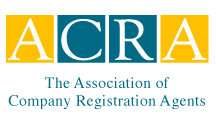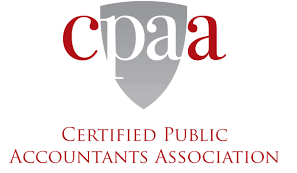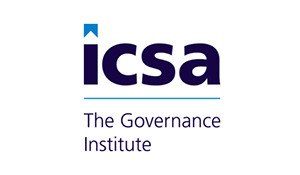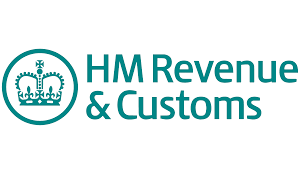According to EU Helpers, this method, which is the first of its kind in the Netherlands, will enable the IND to assist in facilitating the recognition of stateless persons as well as the identification and decrease of statelessness, which refers to people who do not belong to any country.
This means that a person who is stateless and resides in the Netherlands without making themselves known to the appropriate authorities will be able to apply to the IND for an identifying certificate that will allow them to prove their statelessness.
Children and young adults who are stateless and were born in the Netherlands but do not have the right to reside there can apply for Dutch nationality.
Stateless individuals who are legally residing in the Netherlands can also register in the Personal Records Database (BRP) as stateless individuals and apply for travel papers as foreign nationals. Additionally, they will have three instead of five years to naturalize and obtain Dutch citizenship.
Statelessness can be proven by the local council or the IND, but occasionally, as the IND says in a press release, this status is clear. A person is "obviously stateless" if they have been declared stateless by another nation, as well as if they were born in the Netherlands or have the nationality of a country that the Netherlands does not recognize.
The applicant can declare their statelessness during the residence procedure and have their progress halted until their statelessness has been proven. If this applicant is stateless, it will be indicated on the residency papers. In order to get a residence permit from the Dutch government, applicants must be qualified.
In the Personal Records Database (BRP), there are roughly 5,000 individuals listed as stateless, while another 26,000 are listed as having an undetermined nationality. Some of these people may be stateless, but they may also be citizens of another country who are unable or unwilling to demonstrate their status.








